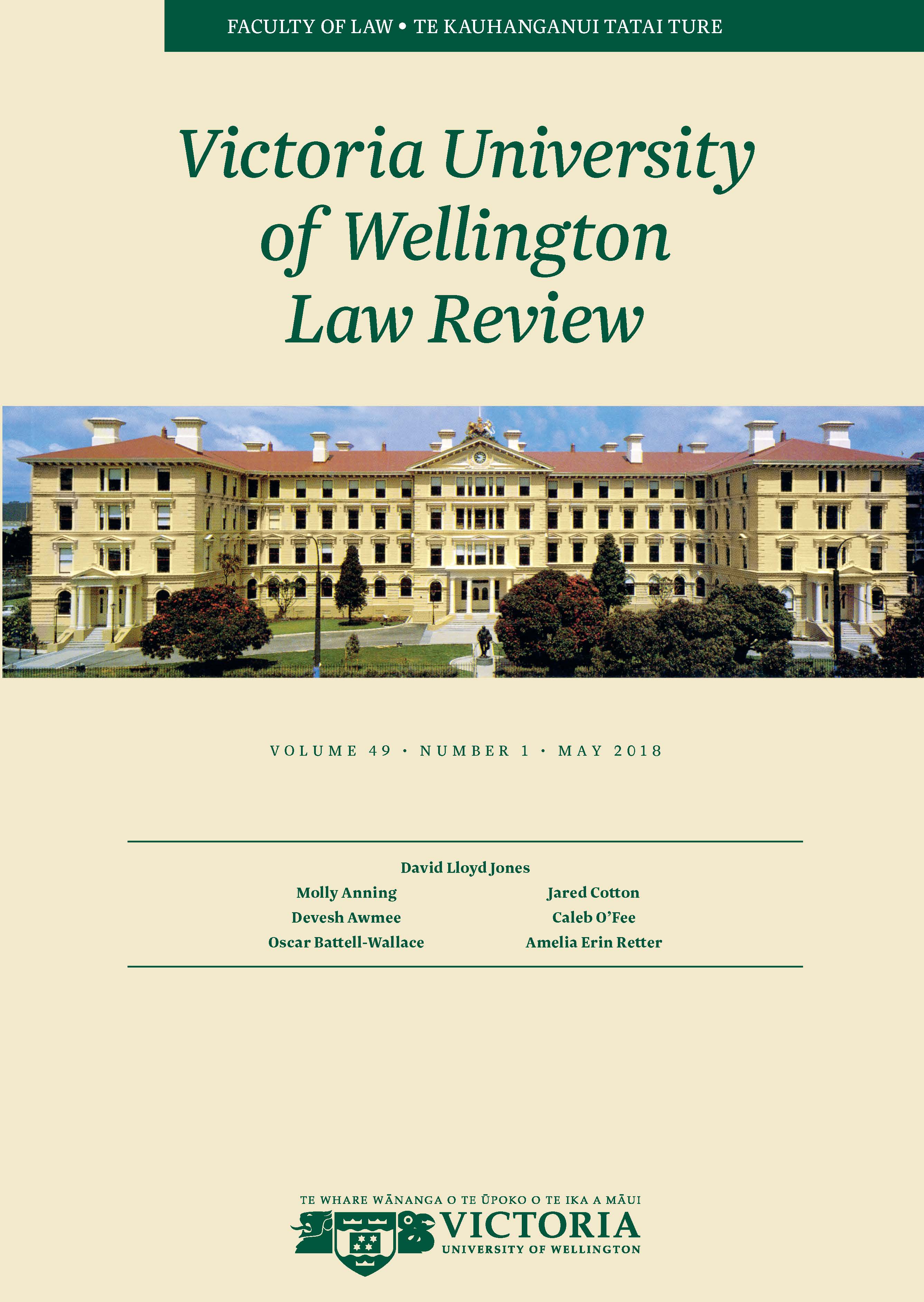A New Perspective on the Public–Private Divide? Justiciability of Government Contracting Decisions Following Ririnui and Problem Gambling
DOI:
https://doi.org/10.26686/vuwlr.v49i1.5314Abstract
Behind every theory of administrative law lies a theory of the state. Nowhere is this more apparent than in the application of judicial review to government contracting decisions. New Zealand courts have long struggled to adopt a consistent and coherent approach in this area, and two recent decisions of relevance do very little to improve the situation. This article argues that a decision of the Supreme Court in Ririnui significantly broadens the scope of justiciability of government contracting decisions by providing an exception to Mercury Energy. The Court of Appeal's approach in Problem Gambling is more cautious but has nevertheless resulted in a broadening of the range of circumstances where government contracting decisions will be subject to judicial review. Beyond these limited findings the law both in New Zealand and overseas continues to lack consistency and coherence. This article suggests that while this state of affairs is undoubtedly the result of the application of a public law cause of action to a context which sits on the public law–private law divide, the courts should stop relying on an inconsistent doctrine and recognise that cases are being decided on the basis of normative conceptions of the proper role of judicial review in this context.
Downloads
Downloads
Published
How to Cite
Issue
Section
License
Authors retain copyright in their work published in the Victoria University of Wellington Law Review.


